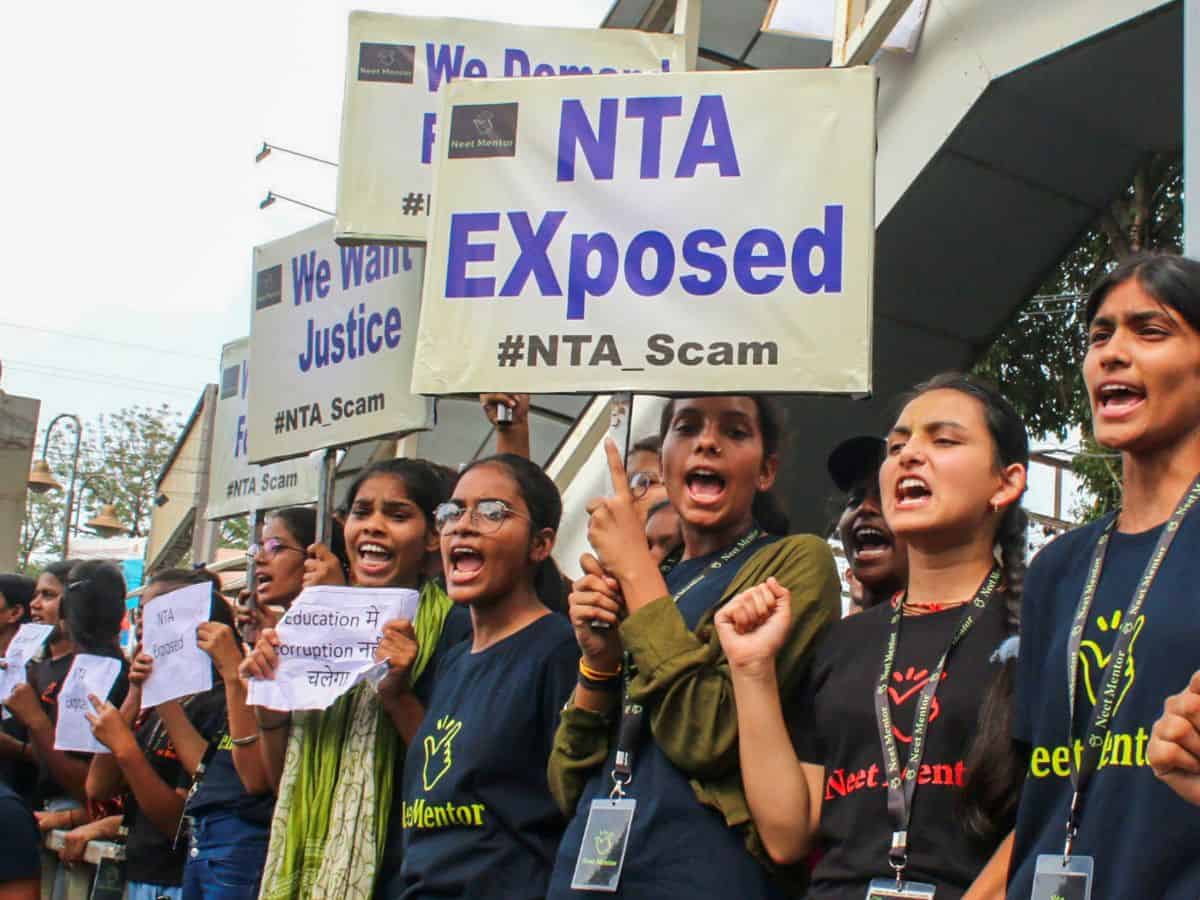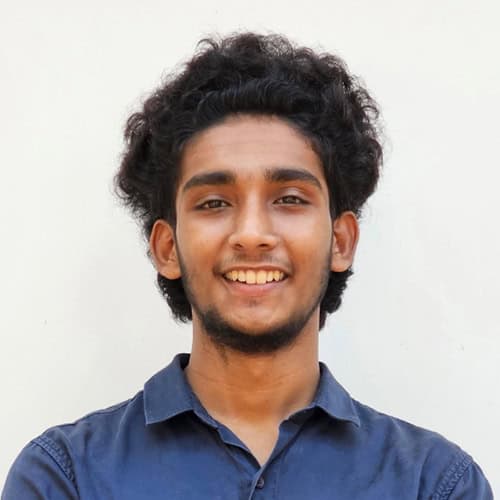

The past few days were a horror-filled journey for the Indian education system. The recent ruckus over the cancellation of UGC-NET exam, which is the enabler for assistant professorship positions for post-graduates and PhD holders, has put the National Testing Agency (NTA) under serious scrutiny.
The rationale for the cancellation, according to the NTA, is that the integrity of the exam has been compromised. Students have been protesting and grieving with disappointment with the national agency’s discrepancy over the conduct of the exam. The UGC-NET also offers a Junior Research Fellowship (JRF) for the best performers among the NET qualifiers. The disappointment after months of preparation by students who are currently enrolled in a post-graduate programme or the post-graduates who have completed their master’s programme should not be taken lightly as the test defines the careers of aspiring research scholars and budding university professors.
NEET, NET disappointment
The NET exam cancellation comes close on the heels of another recent mishap of a national-level competitive entrance exam conducted for medical degree aspirants. On the same day of the parliament election results, the NTA had released the National Eligibility Entrance Test (NEET) results. Various groups have voiced their suspicion over the credibility and transparency of the results, more on which will be discussed below.
The NEET which had a turnout of over 23 lakh students this year, is the sole pathway to those seeking medicine, dentistry, and AYUSH (Ayurveda, Unani, and Homeopathy) education after their twelfth board exams. Most of the NEET students had appeared after a concentrated preparation for a year or two, spending thousands of rupees and placing high hopes on the shoulders of their well-wishers. Some of them even borrow money from their close ones or even go for a formal credit to consolidate the money required for the whole process, leading the candidate to bear the additional pressure over a single test.
Students committing suicide is regular news associated with such preparatory stories. As per the 2022 National Crime Records Bureau data, 10,295 of over 13,000 reported student suicides were committed by those below 18 years of age, with 2,095 being due to failure in examinations. The scenario is similar with all such entrance or competitive examinations in India, be it UPSC Civil Services Exam, CAT for business schools, JEE for engineering aspirants and many other tests. The issue is way bigger than it seems, with the coaching industry, issues with standardisation, and institutional irregularities playing a crucial part.
Monumental scandal
While the UGC-NET exam has been cancelled and candidates will have to reappear on a future date, the NTA has not taken any such step for the NEET examination despite the controversy. To briefly explain what exactly happened, the final results came with 67 candidates, 6 out of them from the same exam centre, securing first rank positions after scoring the highest achievable mark of 720. Previous years had only 2 or 3 candidates securing the first rank position, with the 720 mark-bar almost unachievable. The NTA has even mentioned that some 1,560 candidates received grace marks over loss of time, after writ petitions were filed. Now this is exclusionary, as thousands of students from non-affluent backgrounds will not be able to afford a lawyer to move ahead legally under such circumstances, challenging the fairness of the exam.
The Indian Express has investigated 41 instances of paper leaks over the last five years in national-level recruitment exams across 15 states. Scandals and corruption have revealed the poor policy infrastructure of conducting exams in India. In the case of NEET itself, standardisation was brought in as a solution to the poor-quality knowledge of students from a wide array of state boards in subjects like Zoology, Chemistry, and Physics, across the country. With the Indian school system not having a standard pedagogy or syllabus, state board students end up distressed when it comes to standardised exams, which are said to be biased in favour of CBSE students. NEET was brought in to address this, bringing together 46 various medical tests to one test at the national level. Despite the opposition from various corners, NEET was first conducted in 2016, three years after its inception in 2013.
TN opposes NEET
States like Tamil Nadu have opposed NEET right from the beginning. Placing the students of the Tamil Nadu state board in a disadvantaged position, the expert committee set up by the state government has revealed that rural students from Tamil medium schools lost out heavily in clearing the NEET between 2017–21. The number had fallen to 1.6–3.2% from an average of 15% admissions of Tamil-medium students. The practice was against their perfectly functioning state policy of linking medical college admissions to high school performance. State board students had to go through a preparatory phase to clear the exam, resulting in the mushrooming of a Rs. 58,000 crore coaching industry growing at 15% per year. The prohibitive cost of studying medicine degrees in India in private institutions has led to thousands of students flying abroad to study medicine at half the cost, in countries like Ukraine, Kazakhstan, Russia, and many more.
Existing policies for NEET and UGC-NET as well as all the other national-level recruitment exams need a thorough overhaul, with input from all stakeholders and beyond current political divides. The current NEET crisis exposes serious shortcomings in ensuring high-quality school education. The education and health sectors must critically evaluate and correct the flaws in the policy. Like many countries, college admissions should rely on strong performance in final exams. India needs to quickly review its systems to prevent future exam leaks and scandals.
Ablaz Mohammed Schemnad is a Research Associate at the Centre for Development Policy and Practice (CDPP). He has a master’s degree in development studies from Tata Institute of Social Sciences, Hyderabad.



